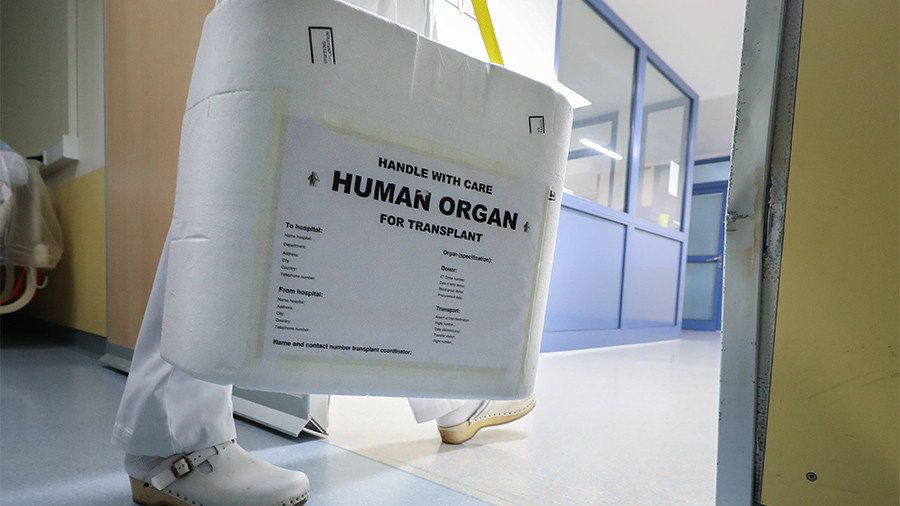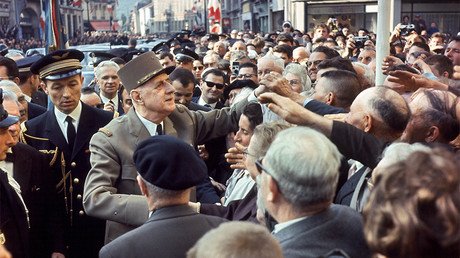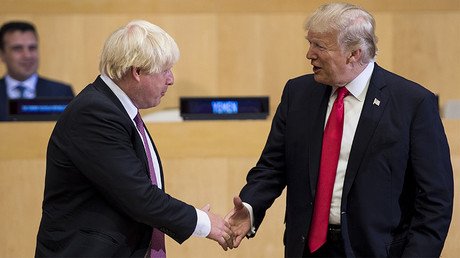Euro chiefs brand US-backed health program as ‘organ trafficking’

The Council of Europe’s Committee on Organ Transplantation has rejected a US-backed organ-swapping plan as “human organ trafficking” over concerns that donors will be abused.
According to the committee, organ-swapping, as proposed by the Global Kidney Exchange (GKE), goes against the fundamental rule of organ donation – that “the human body and its parts shall not give rise to financial gain or comparable advantage.”
Endorsed by a Nobel laureate for Economics, Alvin Roth, the GKE is designed to make it easier for citizens of “high income countries” find a match for a kidney transplant. So far, the list of high income countries has come down to only one – the US.
In standard organ transplants, there are two people involved: a donor and a recipient. Normally they come from equal economic backgrounds (in the EU). However, in order to make the GKE work, they decided to involve pairs from third world countries. Unable to afford the costly procedure at home, donors and recipients from developing countries are defined as “financially incompatible.”
Once found, a “financially incompatible” donor-recipient pair are offered tickets to travel to a wealthier country to participate in the chain of organ donation.
After the surgery, they are offered a sum of money to cover post-operative care back home. However, this limited amount of money can only last for a short period of time, and no cover is available for complications.
So far, there have been two donor-recipient pairs – one from the Philippines and one from Mexico – who have taken part in the transplant chains in the US.
Hoping to attract European citizens as well, the GKE had also established contacts with the European Committee on Organ Transplantation.
The program apparently did not impress the committee, which listed four reasons for rejecting the GKE. Firstly, the committee disapproved of the GKE’s work on the basis of “financial incompatibilities,” which don’t fit in with the core values of organ donation and seem “consistent with the definition of trafficking in human organs.” The process of selecting participants was also called into question. According to the committee, donors are selected only if they are seen as useful.
The committee also warned that donors, seen as organ carriers, could be easily exploited and abused.
Alarmed over the potential post-op complications, they stressed that the GKE failed to offer long-term care.
Summing up their arguments, the committee slammed the GKE for undermining other transplant programs that don’t sell human organs.
The algorithm of the Global Kidney Transplant was created by Alvin Roth who, in 2012, won the Nobel Prize in Economic Sciences for “for the theory of stable allocations and the practice of market design.”
Known for attempting to apply economic theories to find solutions for “real-world” problems, Roth elaborated a scheme for the allocation of kidneys for cross-donation where a donor would get paid for the organ donation.
Roth’s ideas drastically clash with EU policies, where organ transplantation is considered altruistic and the collaboration takes place only between equals.
Rafael Matesanz, founder of the National Transplant Organisation (ONT) of Spain, called the GKE a disguised form of “human trafficking,” where the rich “seek the easiest formula to satisfy their demands for transplant organs at the expense of the citizens of poor countries.”















